For our 37th issue, we barged into the creative sanctuaries of different homegrown acts to discover the tangible language of their music—a zone for breaking away from tours, fan encounters, and late-night performances.
Waiian is the type of guy who’s easy to vibe with. At least, that’s what I felt at 11 in the morning, as he offered us drinks and answered our questions in his Wu-Tang Clan shirt. The solo artist and member of hip-hop group Kartell’em invited us to sit anywhere in his studio which was covered with stickers and posters that doubles as an amalgam of his early influences like Tyga and Lil Wayne (and My Chemical Romance at some point). He suddenly apologized for the lack of room, but still insisted on having us all inside. “Even the whole Kartell’em stays here,” he revealed. I believe it.
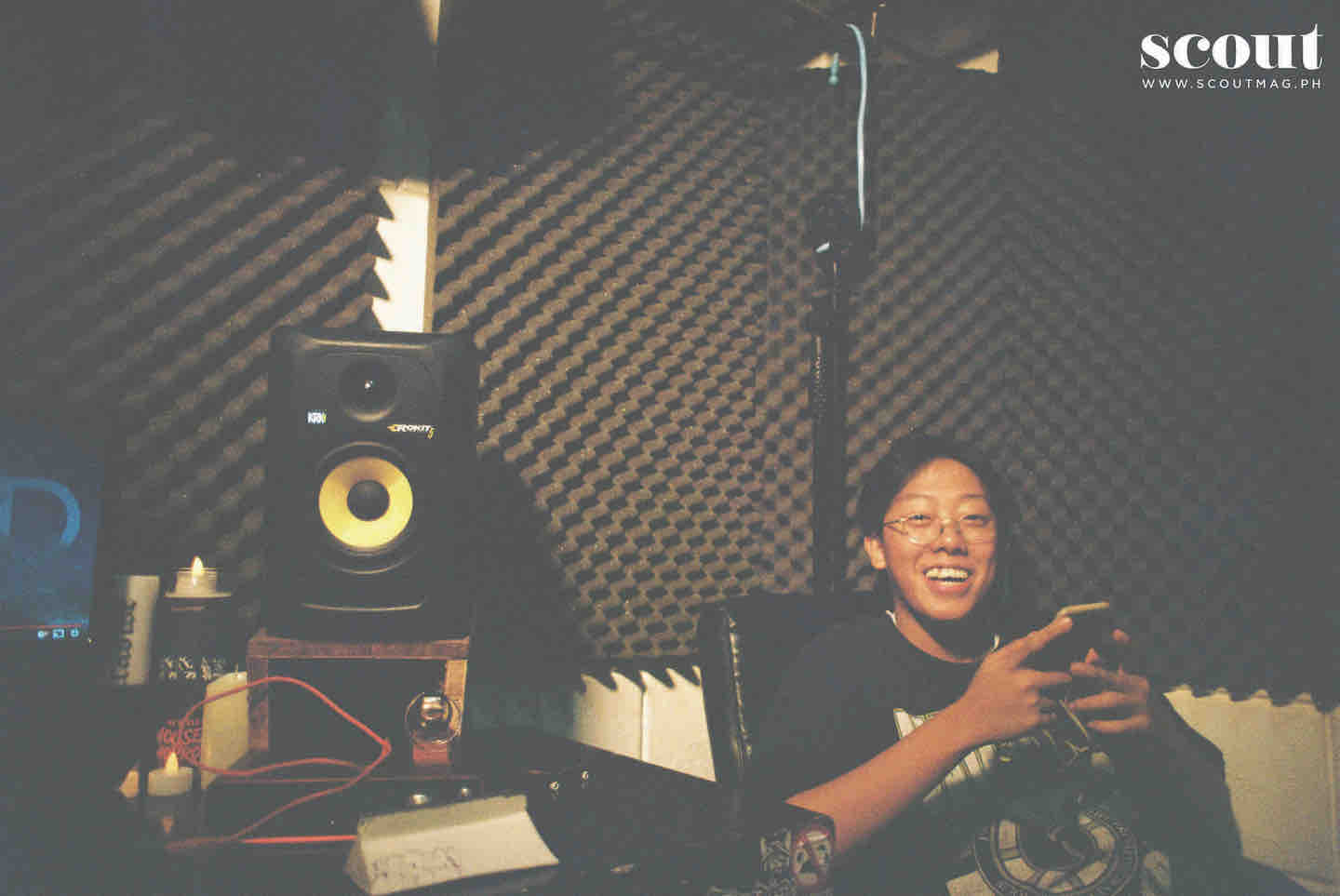
For something that was built just August this year, Waiian’s space felt lived in. The walls were decorated with his personalized visuals and the work desk lined with stickers and photos.. As he blasted Bambu, Mac Miller, and Flatbush Zombies tracks, I check out the Kartell’em album “Tell’em Once” (he can’t pick a favorite song), his favorite thinking chair, and a finger skateboard he enjoys playing with in between breaks. His family recently moved into this house after 15 years in their old one. “This is my first time to have my own room. And [so] I [told] my Kartell’em friends that we can set up the studio here. I don’t have a room anymore. I’ve never had a room. I won’t ever need one; I need a studio. I need to feel myself, I need to feel my family. I need to make music.”
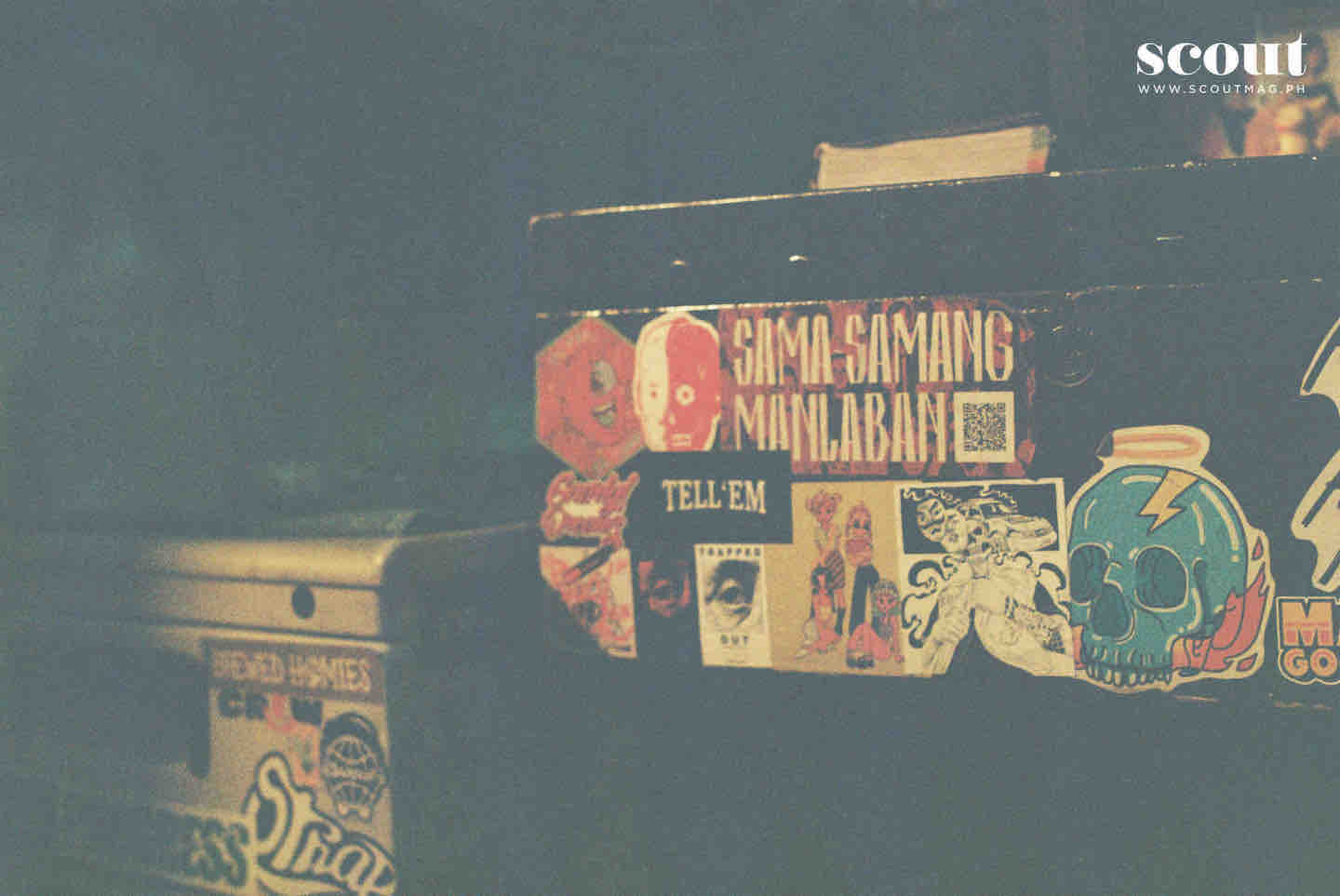
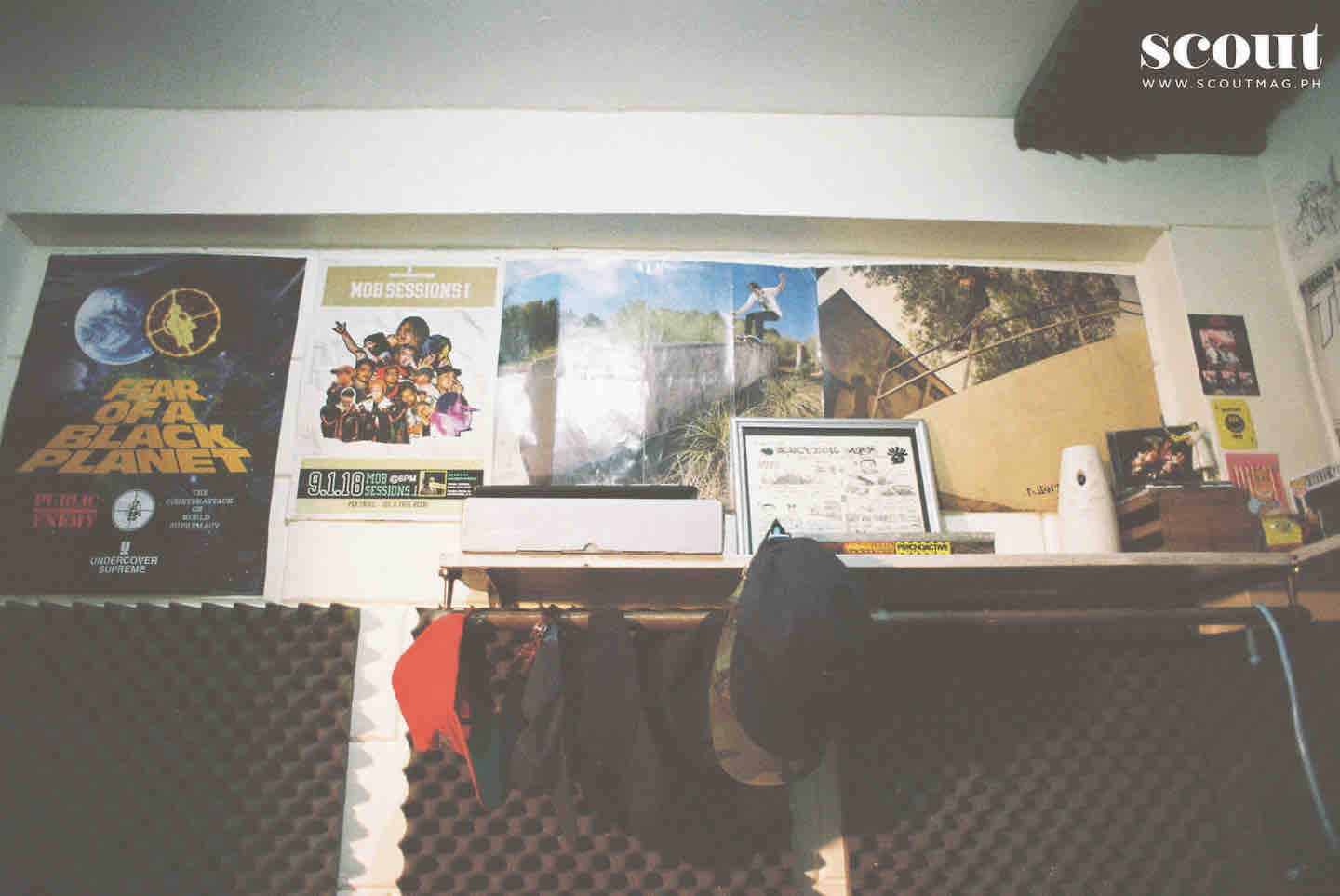
Waiian’s sincerity in his craft was reflected not only his lyricism, but also his approach. “My goal every time is to really put out what I want to say; dapat may data at nakalapat nang perpekto. The flow, the sound. That’s why everything’s taking so long for me now. But I’m not perfect, and I’ll never be.” He further highlighted kutob as a vague but also reliable measure for knowing when a song is good to go—mainly because he pays attention to his feelings a lot. “Sometimes if you think too much, you can’t feel it anymore.” And when he let us stay as long as we want to—in this studio he calls the “box room” that gets filled with magic when creative juices flow—I’m reminded of what he looks forward to in the months to come: “I’m just gonna perform and perform if the price is right. The music is free; you’re just gonna pay me for my time.”
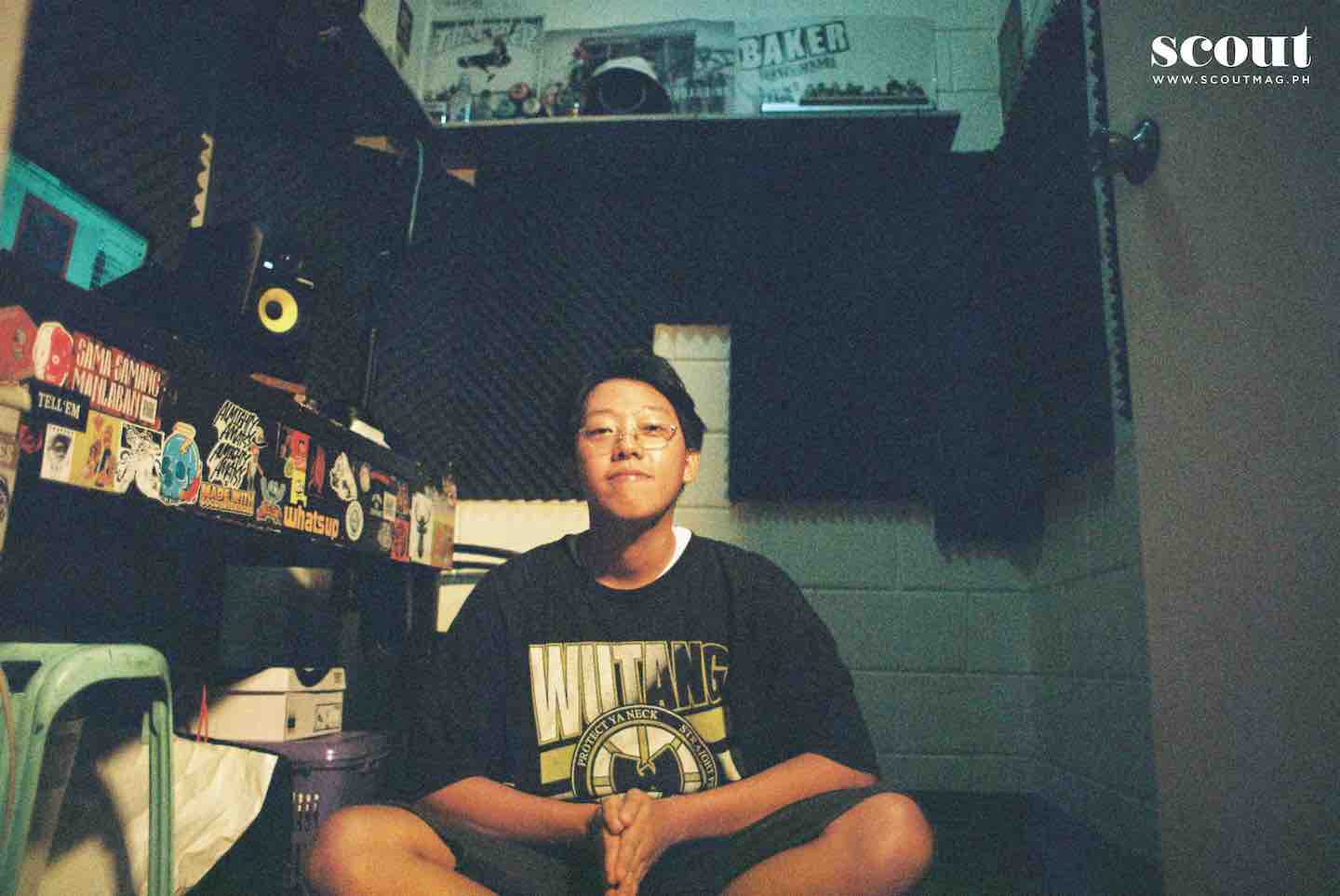

What do you enjoy doing here in your space, aside from creating music?
“This is a solid place to read books, just be quiet, and just swim in music. These two speakers are all I need.”
How about your dream collaboration?
“Dream collaboration is to one day have a song with one of my heavy influences Bambu De Pistola from L.A. He’s Filipino and he raps in English very wonderfully. And like, he’s the guy that I listen to and say, ‘Hey, I could do that too. I could rap in English like how he does it.’ He’s really cool ‘cause I’ve never heard a Filipino rap like that.”
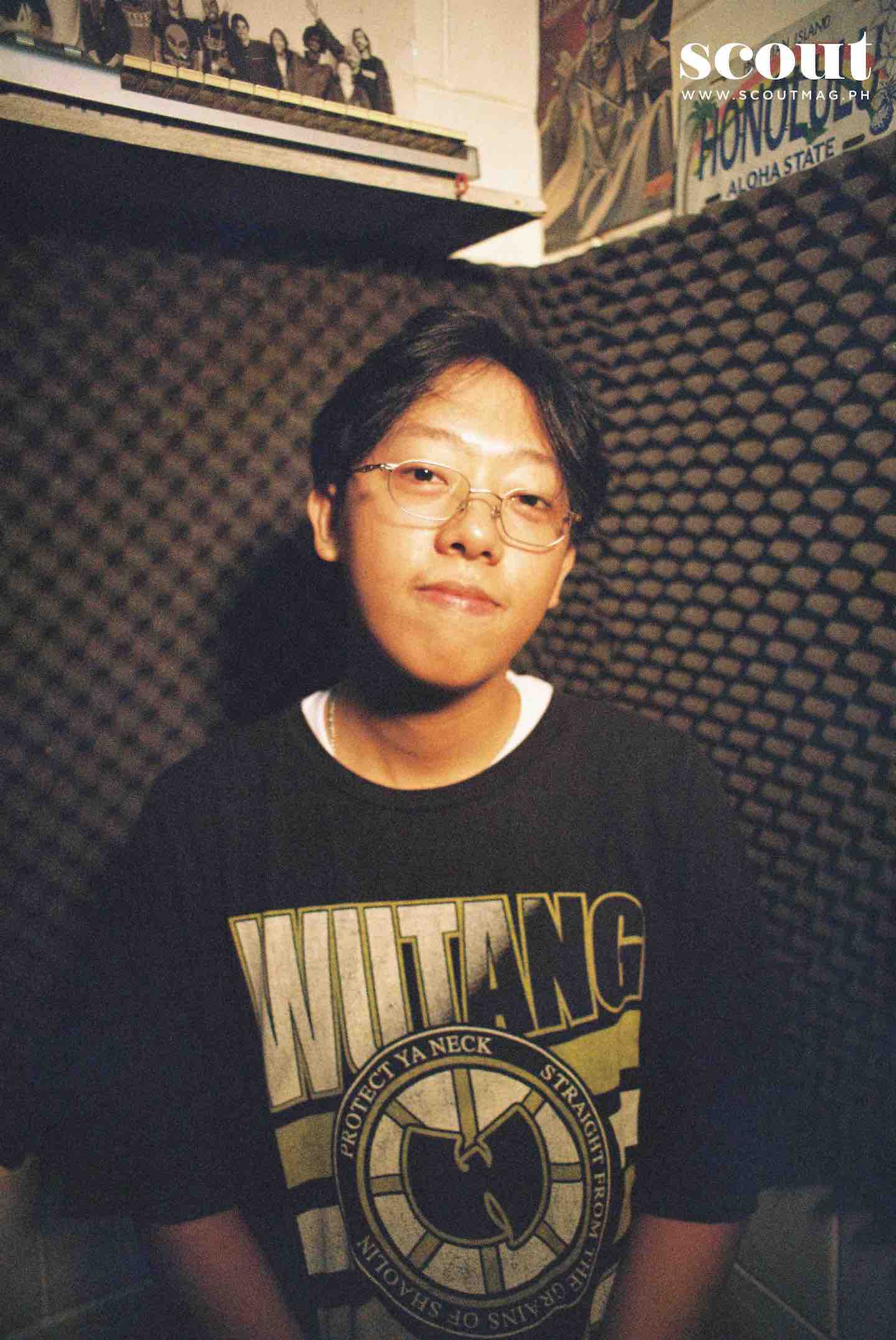
How would you define success?
“You’re successful when you’re happy, and the things that make you happy should be the right things. ‘Cause if you get happy by doing the wrong things in life, you’re fucked up. You know, have a lot of good people around you and don’t be poisoned.”
Do you have any wishes for the Filipino hiphop/rap scene? Do you think something should be changed?
“I don’t have any wishes, but I’m sure everything’s moving forward. Because I know a lot of people that won’t stop doing what they do. So it’s bound to change; it’s bound to develop. What’s gonna be exciting is how we’re gonna see it. What are the songs that are gonna develop the game? Who are the people [who] are gonna make the really, really, really good songs that will change how people think these days. That’s the most important part for me—to switch up the mindset of people today. Because that’s the number one problem we have: mindset. If we change people’s mindsets to the right adjustment, we could save the world. But what can a song do, right? We can only do enough.”
Listen to Waiian’s music on YouTube and Spotify.
This story was originally published in Scout 37 and has been edited for web. The digital copy of Scout’s 37th issue can be accessed here.
Produced by Jelou Galang
Photography by John Eric Bico
Art direction by Cathy Dizon
Sittings by Rysa Antonio


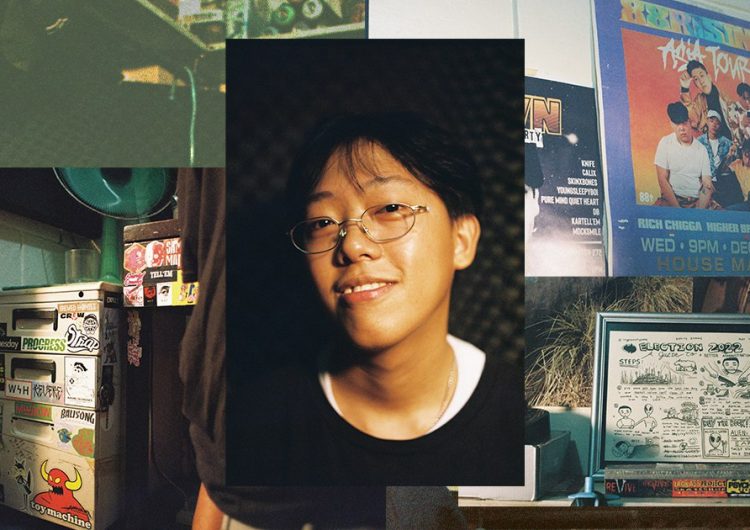














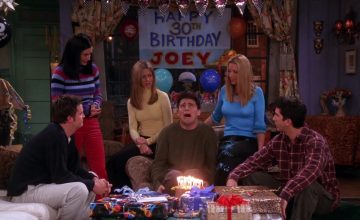






Comments